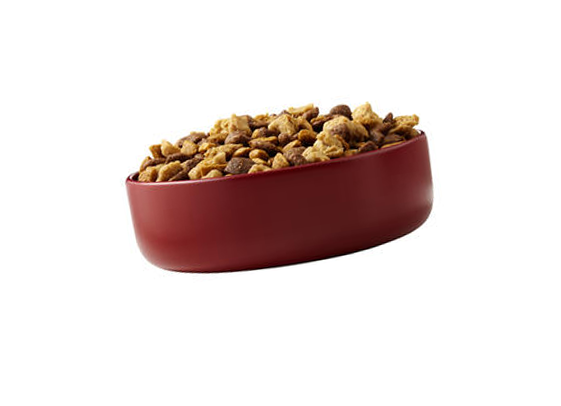What is a Board Certified Veterinary Nutritionist®?
A board certified veterinary nutritionist is a veterinarian (DVM) specifically trained in the nutritional management of both healthy animals and those with one or more diseases.

Why consult with a Board Certified Veterinary Nutritionist®?

There are a number of reasons you may find yourself in need of a veterinary nutritionist!
Your pet might have a nutritionally responsive disease but will not accept the prescription diet prescribed. Your pet may have more than one nutritionally responsive disease and you are unsure how to manage their multiple conditions. You may already be feeding a homemade diet recipe but need to ensure nutritional adequacy. You might simply have questions about feeding during specific life stages, such as growth or gestation/lactation.
Nutrition consultations are commonly sought for all kinds of medical conditions including:
-
- Obesity
- Multiple concurrent medical conditions
- Balancing homemade diet recipes
- Gastrointestinal disorders, such as inflammatory bowel disease
- Renal disease and lower urinary tract disease
- Cancer
- Diabetes mellitus
- Food allergies







